The 1200 Calorie Diet: A Tailored Meal Plan for Weight Loss
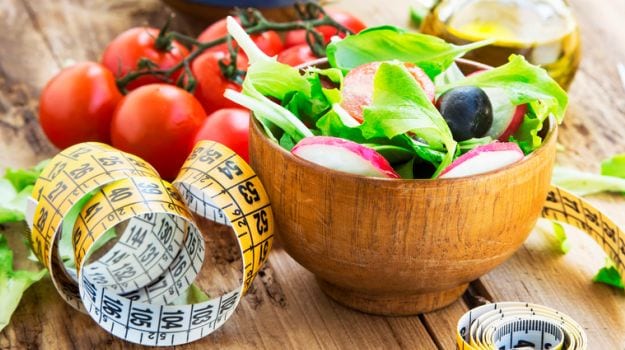 A 1200 kcal/day diet for an adult is a calorie-restricted meal plan for weight reduction and should not be made a way of life. National institute for Nutrition, recommends a healthy 1900Kcal/day for a woman (sedentary) and 2300Kcals/day for Men (Sedentary). Very low calorie diets i.e. below 1000Kcal/day should be under medical supervision only.
A 1200 kcal/day diet for an adult is a calorie-restricted meal plan for weight reduction and should not be made a way of life. National institute for Nutrition, recommends a healthy 1900Kcal/day for a woman (sedentary) and 2300Kcals/day for Men (Sedentary). Very low calorie diets i.e. below 1000Kcal/day should be under medical supervision only.
If you have been recommended to go on the 1200 calorie diet, this what your day’s food chart should ideally look like:
Breakfast
Is the morning cup of tea a custom for you? By all means, indulge in a cup but try cutting down on sugar. Breakfast is the most important meal of the day and you must fuel up well. You can start your day with a glass or milk or even buttermilk. Team it with wholesome cereal like oats or a slice of bread along with a slice of paneer or a protein packed cheela.
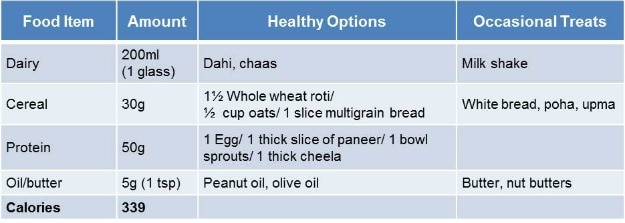
Mid-morning
Battle those mid-meal hunger pangs by snacking on something nutritious before lunchtime.

Lunch
Make sure your lunch is wholesome with enough carbs, protein and essential fats.Whole grains, cereals, dairy products along with seasonal vegetables should make an ideal mix on your plate.
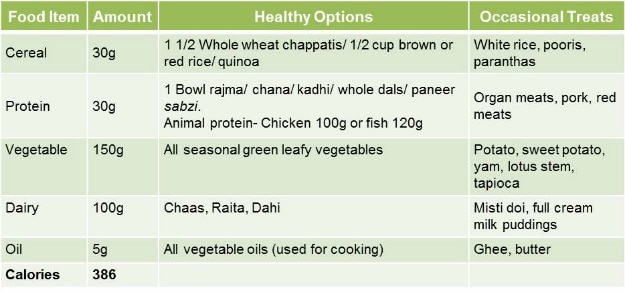
Evening SnackIt is good to give your body a nutritional boost between lunchtime and dinner. Make sure you snack light and keep portions small. Snacking heavily towards the evening can kill your appetite for dinner.

DinnerAs the popular adage goes, one should eat dinner like a beggar – small portions that are light on the stomach. Always eat at least three hours before turning in, to facilitate digestion. Consuming a small glass of milk before sleeping is known to induce better sleep.
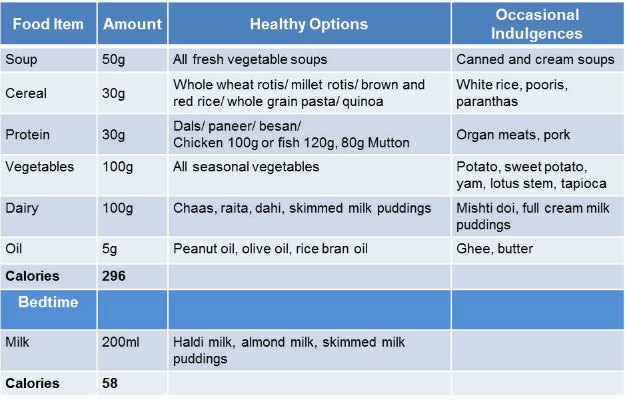
Things to keep in mind
– Cereals: Include high fiber, multi nutrient rich sources like whole wheat, millets like ragi, amaranth, oats and barley. The key to enjoying food is variety, so use these as flours to make chapattis, pancakes, cheela or use them in grain form to make porridge. Choosing a multi-grain breakfast cereal instead of a refined sugar coated, processed version is a smarter choice. It doesn’t mean that you cannot touch refined cereals, just use them occasionally. One refined cereal which makes for great healthy food choice is polished rice- Idly, dosa, and uttapam. Use sooji for upma, and white bread with lots of raw vegetables for a fiber laden sandwich.
– Proteins:These are very important to build, repair and maintain our body, hormones, blood and immunity. Including a protein in every meal ensures satiety and helps reduce cereal intake. Vegetarian source of protein include dals, besan, soy, paneer, cheese. Paneer and cheese could pack fat calories, choose their low calorie versions. Amongst the non-vegetarian sources, chicken, fish and egg are healthier sources as compared to beef, organ meats and pork.
(Get your daily dose of protein in an organic avtar, shop now on SmartCooky)
– Fats: Very essential, do not delete them from your food. By controlling the amount you consume, you can control your total calorific intake while retaining the taste and getting all the health benefits.
Vegetable refined oils are healthy, don’t stick to one forever. Clarified butter or ghee has the same amount of fat and calories as vegetable oils, but has a higher content of saturated fats. 1tsp/day is okay.
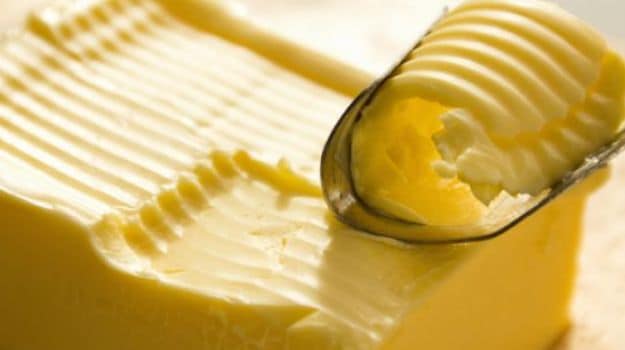
– Vegetables: At last, one food that you can consume to your heart’s content. Hungry? Eat a carrot or boil, blend and make a thick vegetable soup for a hot and salty snack, or juice your vegetable for a cold refreshing drink. 3 servings a day are recommended. One serving of a leafy veg is 150g and any other veg is 100g. But you don’t need to weigh as you can eat as much as you desire. The catch is only for roots and tubers like potato, sweet potato, yam, etc. They can substitute your cereals in a meal with their carb content.
– Fruits: These are great as desserts. Take two 100-150 gm servings daily including banana and mango (when in season).
– Milk and Milk products: Add some milk to every meal in the form of skimmed milk, fat free dahi, and skimmed milk pudding. In fact, a perfect snack for late night craving could be a fat free milk pudding.
No matter the number of calories you wish to ingest, make sure you do not miss out on the goodness of food. Eat seasonal, eat a variety and eat wholesome. In addition to losing weight, remaining healthy will also ensure a glowing complexion and vitality.
